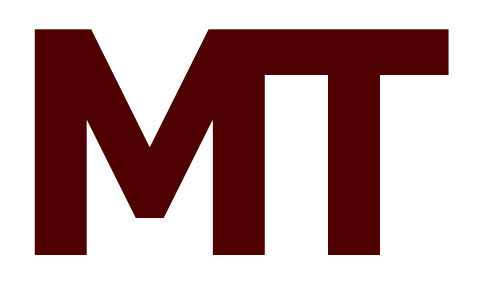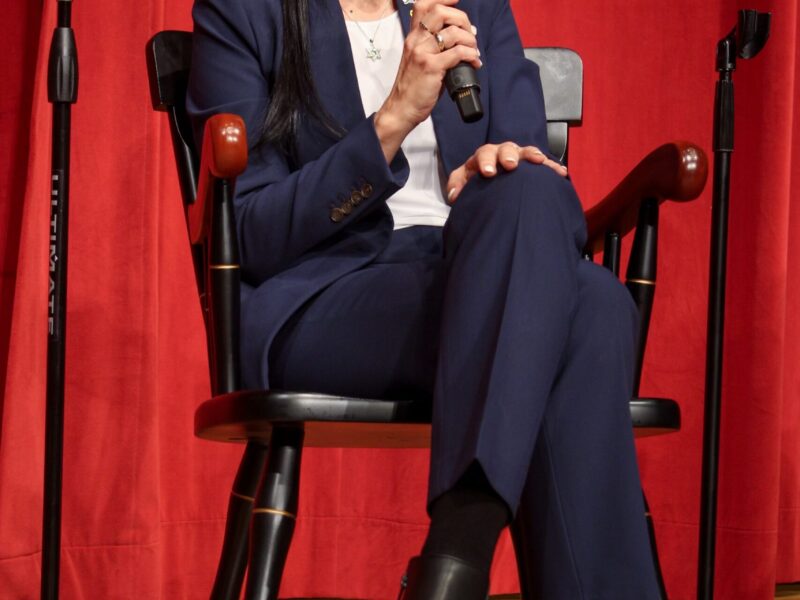Editorial: Morehouse Has A Long Way To Go To Make Its Transgender Admissions Policy Successful

Jair Hilburn, Editor-In-Chief
Morehouse College has changed the culture of the institution by enacting a new admissions policy that states the college will “expand [its] admissions policy to consider trans men.” While this is a great stride by the school to bring it into the new age, the institution simply is not ready for this policy because it has not taken the steps to ensure that trans students will get treated fairly and properly once they are “accepted” onto campus.
I had a love for Morehouse the day that I set foot on campus and felt as though I belonged. However, my experience isn’t the experience of the rest of my brothers, sisters, and gender non-conforming folk that not only attend this institution but also the Atlanta University Center (AUC) as a whole. After learning that, I don’t believe that the school is ready for this admissions policy.
HBCUs have been a safe space for Black folk primarily to gather together and coexist without the nuances of race that we would experience outside of these gates. While it is a safe space for Black folk, that doesn’t mean it is a safe space to all Black folk.
One issue that arises with this policy is how is the school going to ensure that faculty and staff and students are going to be able to adapt to the change in the environment. Without a gender and sexuality major, or even having a gender and sexuality course, the campus climate is not at the level where it can create a safe space for the trans community to exist on campus. Straight-identifying folk don’t know all the nuances and struggles that come from being a part of the LGBTQIA+ community, and the only way to build that bridge and clear any misunderstanding is by learning about it from a gender and sexuality course that all students are required to take. That education should begin with adding gender-related material to the NSO and course curriculum next fall.
However if there aren’t courses, will there be training that people who are affiliated with Morehouse have to take? How do we create an environment in which the people on this campus feel obligated to make sure Morehouse is a safe space for all admitted students?
Due to the fact that everyone that steps foot on this campus is subject to bring their own ideologies and belief systems, there is some common knowledge that is lost between other members of the campus’ culture because it’s generational. The alumni that graduated in 1995 don’t necessarily have the same grasp of the modern-day terms that we use for gender and sexuality. Words such as “cishet,” “transitioning,” and other words of that nature weren’t a part of everyone’s day-to-day vocabulary back then like they are now, or at least should be.
In this day and age, language can be very triggering for those that are a part of a marginalized community, so it’s important to be cognizant of what you say and make sure that it is correct. Before the school broadens its horizons in terms of admissions it needs to have educated those whom the trans community will be sharing the space with.
Also, we have to realize that this school still isn’t a safe space to the minorities that exist on these campuses – women and queer folk.
Last year, I had a roommate who was gay, and I remember one day he burst through the doors steaming mad. When I asked him why he was upset, he told me it was because someone had yelled a homophobic slur at him. I’d never seen someone so upset in my life that they were on the verge of fighting.
Even this year when I was going to meet with Morehouse College student Tatiana Rafael, a transsexual woman, she told me that she couldn’t meet with me because of the problematic language used toward her on her way to where we were meeting. In my mind, words shouldn’t hold that much power over someone, but in reality, I knew that based off her experience those few words could do so much damage.
Another event that occurred last year was #WeKnowWhatYouDid, where flyers were plastered around the AUC talking about the sexual assault problem here in the AUC. While conversations were taking place at these institutions, they didn’t continue and not much improvement has taken place in my opinion.
Then there’s the need to stand with the trans community itself, namely in the form of proper mental health practices. Transitioning is a mental burden on folk that are a part of the trans community. Is the school’s counseling center at an adequate stage to provide these folks with the necessary resources that they’ll need? The Center of Excellence for Transgender Health states that transgender people have three primary mental health needs that include exploring their gender identity, coming out and transitioning socially, and even mental health issues that may not even be related to one’s gender identity. If these needs cannot be met in the way that they need be, then another problem begins to arise that the school will have to fix.
“Being a transsexual woman has not caused my mental illness,” Rafael said. “Being a transsexual woman surrounded by toxic masculinity at Morehouse as well as being misunderstood and rejected by family and former friends caused my illness. My illness is social anxiety disorder.
“I name it because it’s my truth, and I’m working to conquer it daily.”
While I am happy to see the institution step into a more inclusive Morehouse, I also know that they’ve stepped into a space they can barely even crawl into. If the school treats the issues of the trans community the same way that they treat sexual assault and even the issues of the queer-identifying students that already exist on these campuses, it could do more harm than good in the long run.
But there is still a lot of time between now and Fall 2020. I can only the hope that Mother Morehouse can grow into being a mother to all who set foot on this campus and not just the majority.






